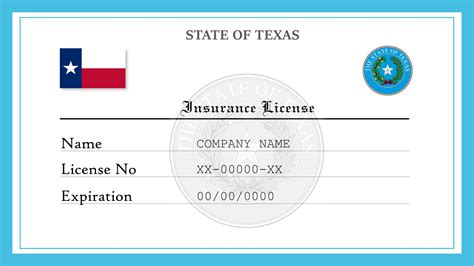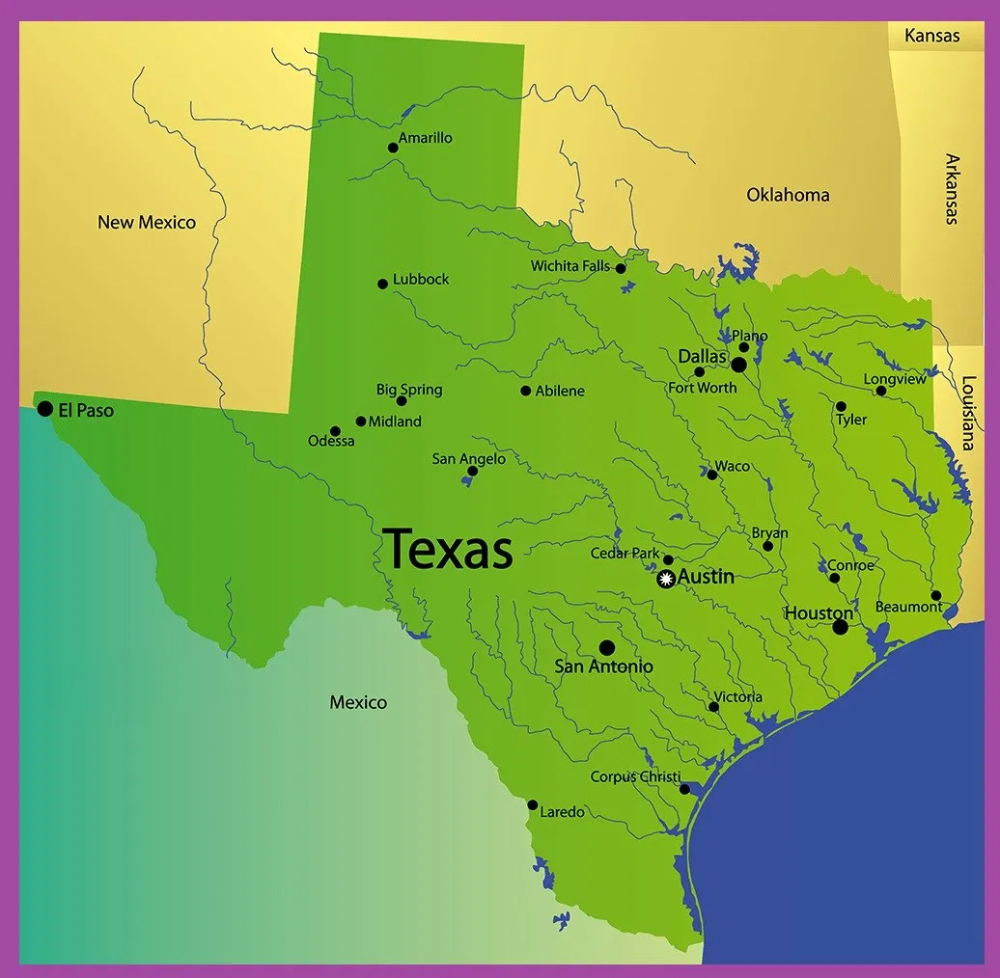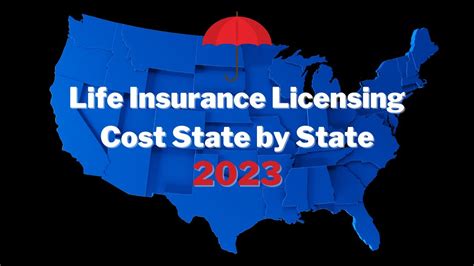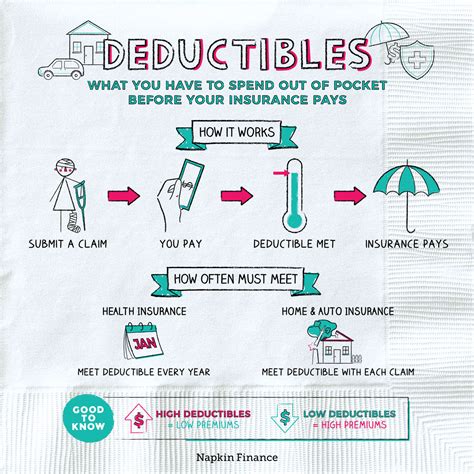State Insurance License

The process of obtaining a state insurance license is an essential step for individuals looking to enter the insurance industry and offer their services as licensed agents or brokers. This license empowers professionals to sell various insurance products, including life, health, property, and casualty insurance, within a specific state. The requirements and procedures for acquiring an insurance license can vary significantly from one state to another, reflecting the unique regulatory frameworks and consumer protection standards across the United States.
Navigating the Licensing Process

Each state has its own set of prerequisites and guidelines for insurance licensing. Typically, the first step involves meeting the basic eligibility criteria, which often includes being at least 18 years of age and possessing a high school diploma or its equivalent. Some states may have additional requirements, such as residency or citizenship status.
Once the eligibility criteria are met, candidates must complete the necessary education and training. Most states require insurance pre-licensing courses that cover the fundamentals of insurance, including topics like ethics, regulations, and specific insurance products. These courses can be completed online or in a traditional classroom setting, and they provide a comprehensive understanding of the industry and its practices.
After successfully completing the pre-licensing education, candidates must schedule and pass a licensing exam. These exams are designed to assess the knowledge and understanding of insurance concepts, ensuring that professionals entering the industry have a solid foundation. The format and content of these exams vary, with some states offering a single comprehensive exam, while others may require separate exams for different insurance lines, such as life, health, and property.
Upon passing the required exams, candidates are ready to apply for their state insurance license. This process involves submitting an application, providing personal and professional details, and paying the associated fees. The application typically includes background checks and fingerprinting to ensure the integrity and reliability of the individuals seeking licensure.
In addition to the standard licensing process, many states offer reciprocal agreements or endorsements for individuals who are already licensed in another state. These agreements streamline the licensing process, allowing professionals to obtain a license in a new state without having to repeat the entire education and examination process. However, there may be additional requirements or limitations, such as maintaining an active license in the original state or completing a short course or exam to satisfy the new state's specific regulations.
Maintaining and Expanding Your License

Obtaining a state insurance license is just the beginning of a professional’s journey in the insurance industry. To maintain their license and stay up-to-date with industry changes, insurance professionals are often required to complete continuing education (CE) courses. These courses ensure that license holders remain knowledgeable about evolving insurance products, regulations, and ethical practices. The CE requirements can vary by state and may be specific to the type of insurance license held.
For those looking to expand their insurance practice beyond a single state, the process of obtaining additional licenses can be complex. While reciprocity agreements can simplify the process to some extent, professionals may still need to fulfill certain requirements unique to each state they wish to practice in. This often involves additional education, exams, and application fees, making it a significant commitment for those seeking a national presence in the insurance industry.
Exploring License Specializations
Within the insurance industry, there are numerous specializations and designations that professionals can pursue to enhance their expertise and credibility. These specializations often require additional education, exams, and practical experience. For example, individuals interested in life insurance may pursue designations like the Chartered Life Underwriter (CLU) or the Certified Life Underwriter (CLU), which demonstrate advanced knowledge in designing and administering life insurance policies.
In the health insurance realm, designations such as the Certified Employee Benefit Specialist (CEBS) or the Health Insurance Associate (HIA) are highly regarded. These certifications validate an individual's understanding of employee benefits, healthcare regulations, and the complex landscape of health insurance options.
Similarly, property and casualty insurance professionals can seek designations like the Certified Property Casualty Underwriter (CPCU) or the Associate in Commercial Underwriting (ACU). These credentials signify advanced proficiency in assessing and managing risk, a critical skill in the property and casualty insurance field.
Pursuing these specialized designations not only enhances an insurance professional's expertise but also opens doors to advanced career opportunities and increased client trust. It demonstrates a commitment to continuous learning and a deep understanding of the intricate nature of insurance products and regulations.
Technology’s Role in Insurance Licensing
In recent years, technology has played an increasingly pivotal role in the insurance licensing process. Online education platforms and digital study materials have made it more convenient for individuals to access the necessary pre-licensing courses and prepare for exams. These digital resources often include interactive features, video lectures, and practice exams, providing a dynamic learning experience tailored to modern needs.
Furthermore, the use of technology has streamlined the application and renewal processes for insurance licenses. Online portals managed by state insurance departments allow license holders to submit applications, renew licenses, and track their licensing status efficiently. This digital transformation has significantly reduced paperwork and wait times, making it easier for professionals to navigate the administrative aspects of their insurance careers.
Additionally, technology has facilitated the creation of online communities and resources dedicated to insurance professionals. These platforms offer forums for discussion, sharing of industry insights, and support for those studying for licensing exams. They also provide a space for license holders to connect, collaborate, and stay updated on industry trends and changes, fostering a sense of community and professional growth.
| Insurance Line | Average Exam Pass Rate |
|---|---|
| Life, Accident, and Health | 60% |
| Property and Casualty | 55% |
| Personal Lines | 50% |
| Commercial Lines | 45% |

The table above provides a glimpse into the average pass rates for different insurance lines, highlighting the varying levels of complexity and challenge presented by each licensing exam.
Conclusion
Obtaining a state insurance license is a crucial step for individuals seeking a career in the insurance industry. It opens doors to a wide range of opportunities and allows professionals to make a meaningful impact on the lives of their clients. By navigating the licensing process, maintaining their knowledge through continuing education, and exploring specialized designations, insurance professionals can establish themselves as trusted advisors in a dynamic and ever-evolving industry.
What are the general requirements for obtaining a state insurance license?
+General requirements typically include being at least 18 years old, possessing a high school diploma or equivalent, and completing pre-licensing education. Some states may have additional requirements, such as residency or citizenship status.
How do I choose the right pre-licensing course for my insurance career goals?
+When selecting a pre-licensing course, consider your career aspirations and the type of insurance you wish to specialize in. Different courses cover specific insurance lines, such as life, health, property, or casualty. Choose a course that aligns with your goals and provides comprehensive coverage of the topics you’ll need to know for your chosen field.
Are there online resources available to help me prepare for the insurance licensing exam?
+Absolutely! There are numerous online resources, including study guides, practice exams, and video tutorials, designed to help you prepare for the insurance licensing exam. These resources can provide a structured study plan, reinforce key concepts, and simulate the exam experience, giving you the confidence and knowledge you need to pass.
What are the continuing education requirements for maintaining my insurance license?
+Continuing education requirements vary by state and the type of insurance license you hold. Generally, license holders are required to complete a certain number of hours of approved continuing education courses within a specified period. These courses ensure that license holders stay up-to-date with industry changes and maintain their knowledge and skills.



